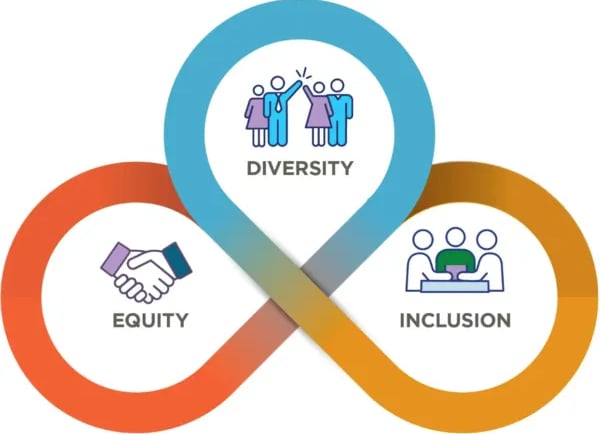Philadelphia Ends Longstanding DEI Contracting Goals Amid Pressure From Trump Administration
Philadelphia is dismantling decades-old diversity, equity and inclusion requirements for city contracts, marking a significant policy reversal as the Trump administration escalates efforts to eliminate DEI programs nationwide.
NEWS
staff
11/18/20252 min read


Philadelphia is dismantling decades-old diversity, equity and inclusion requirements for city contracts, marking a significant policy reversal as the Trump administration escalates efforts to eliminate DEI programs nationwide.
According to Black Enterprise, Mayor Cherelle Parker’s administration confirmed it will stop enforcing the benchmark that 35% of city contracts be awarded to businesses owned by women, minorities or people with disabilities — a target in place since 2016 and preceded by earlier goals dating back to the 1980s. The Philadelphia Inquirer reports that the rollback could cost historically disadvantaged firms an estimated $370 million in annual contracting opportunities.
The shift follows the administration’s decision last fall to drop DEI guidelines for publicly funded development projects. Together, the changes have raised alarms among business groups and community leaders in a city where most residents are Black or Brown and where many firms have relied on DEI frameworks to access public-sector work.
City Solicitor Renee Garcia told the Inquirer the move was prompted by a “new federal legal precedent” limiting the use of race and gender in procurement. Continuing the policy, she said, risked violating federal restrictions that prohibit governments from using public dollars to “promote, reinforce or perpetuate discrimination.”
Her rationale mirrors language used by the Trump administration, which has threatened to withhold federal funding from governments and institutions that continue applying DEI-based contracting standards.
Garcia said the updated policy aims to support “small and local” businesses rather than firms defined by demographic categories. She described the new approach as creating “an environment in which all businesses can thrive and contribute to the local economy.”
According to the Inquirer, Parker has sought to avoid a direct confrontation with the White House that could endanger the hundreds of millions of federal dollars the city depends on to balance its budget. In October, the administration settled a lawsuit brought by companies represented by America First Legal, a conservative organization founded by former Trump adviser Stephen Miller, that challenged the legality of Philadelphia’s earlier workforce diversity rules.
City Council Minority Leader Kendra Brooks criticized the rollback, saying she was “deeply troubled” by the decision. She argued the city should have explored alternative approaches adopted elsewhere, noting, “Chicago is looking at other ways. Baltimore is looking at other ways.”
Brooks added that Philadelphia should resist political pressure, saying, “Constantly caving under the Trump administration’s thumb is definitely problematic.”
The policy change leaves many small and minority-owned firms bracing for uncertainty as federal legal constraints — not local DEI mandates — increasingly shape the city’s contracting landscape.
Connect
Discover businesses aligned with your values today.
info@goodmoney-app.com
© 2025. All rights reserved.
Write your text here...
A Subdivision of Original Media Group LLC.

